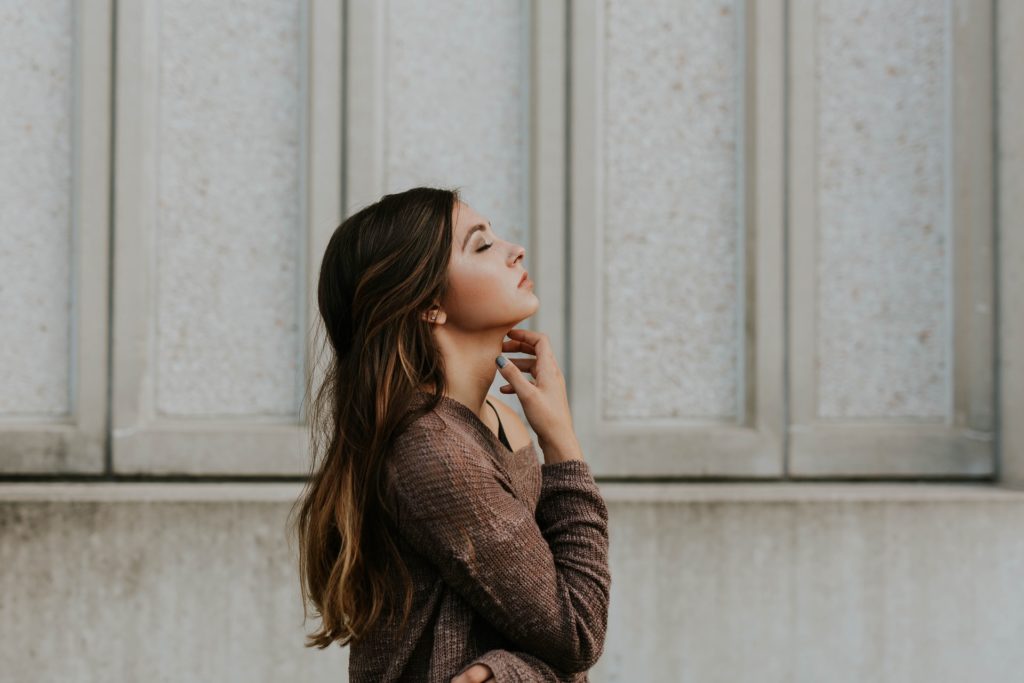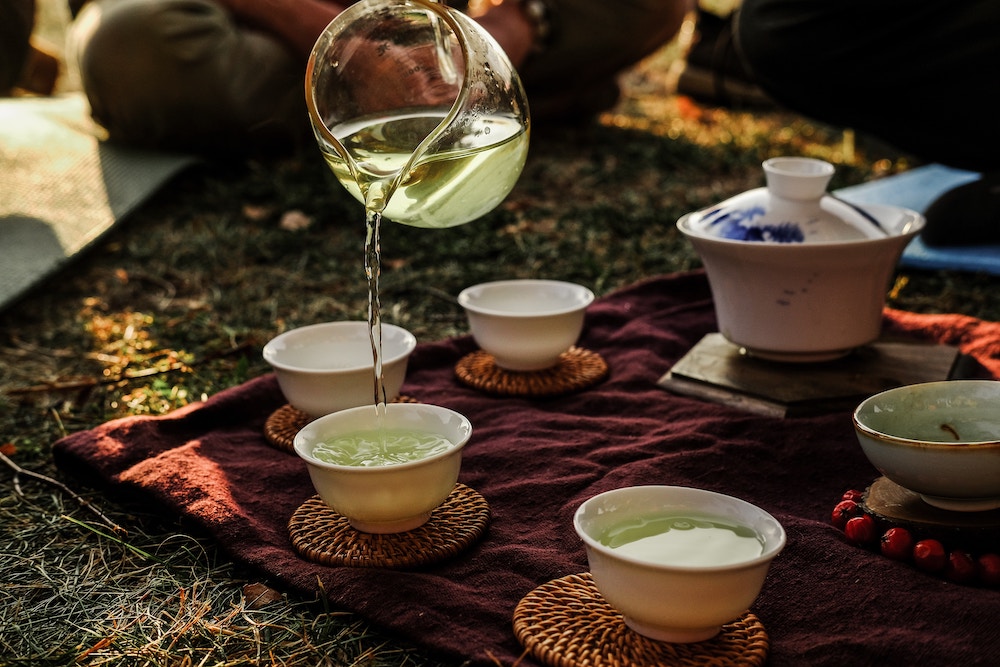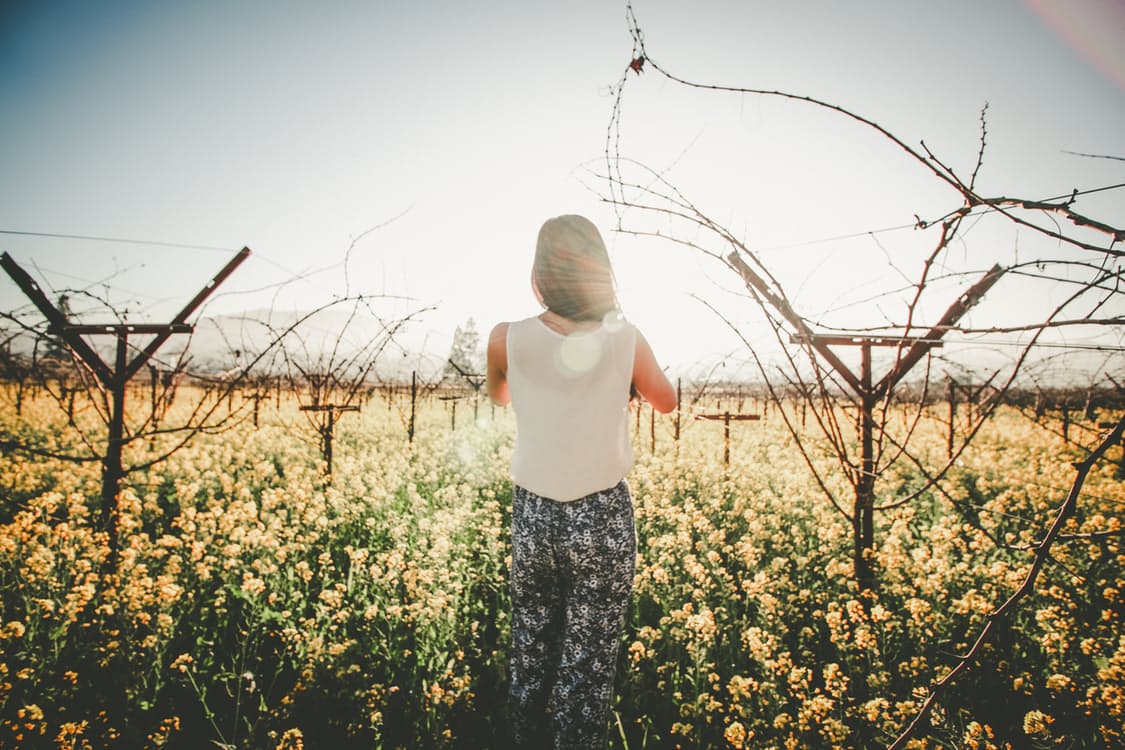May is Mental Health Awareness month. This month shines a spotlight on everyone dealing with mental illness, or mental health issues. Although every month should raise awareness about this issue, May is a good reminder for us to evaluate what is working and what isn’t. Plus, the past two years has been pretty taxing on us.
Thankfully, I’ve been able to keep up my practices of meditation, yoga, journaling, and spending time in nature. These are just some of the most important tools in my “anxiety-buster” toolkit, and it’s taken me years to develop them. The synergistically help to ground me, bring me back to the present, and focus on my breathing.
Meditation, by far, has been the single, most important tool in my toolkit.

I haven’t always been consistent, but since the start of 2020, I’ve relied heavily on this practice to keep me in check. According to my Insight Timer app, I’ve meditated for 10,800 minutes for a total of 944 days since I first started using the app, back in October of 2012. That was my sophomore year of college, the year I finally got serious about meditation. So serious that I enrolled myself into a MBSR program at a local hospital. MBSR stands for “mindful based stress reduction.” It was developed by a meditation teacher/scientist/writer named Jon Kabat-Zinn.
Mindfulness-based stress reduction (M.B.S.R.) is an eight-week evidence-based program offering secular, intensive mindfulness training to assist people with stress, anxiety, depression and pain.
Jon Kabat-Zinn created this practice in the 1970s. He views mindfulness as a practice that every human has the capacity to engage in. When I signed up for this 8-week long program I had no idea what I was getting myself into. I was the youngest by far out of the dozen who showed up. I remember feeling like my sources of anxiety were so small compared to what the others in the room where dealing with—from traumas, to serious health issues, addiction and depression. But during the course of those two months, we all opened up and shared the things that needed to be processed. Tears were shed, and the walls around our hearts were melting.
I think meditation has a way of softening us. Of making us more compassionate, first to ourselves and then towards others. When you take time to just breathe and observe your breath in a room with everyone else doing the same thing, there’s no need to escape. Of course my mind tried to spend time thinking about thinking, but soon thoughts started fading and there was just…. peace. Now this didn’t happen overnight, mind you. It took time, and PRACTICE! That’s why it’s called a meditation practice! I hear time and time again that people can’t meditate because they don’t have enough time. Even if you were to take only 1 mindful minute out of the 1,440 minutes in a day to simply close your eyes and deepen your inhales and exhales, that’s still meditation. And that’s enough.
Progress, not perfection.
And of course there are days that meditating seems like the most annoying, unimportant, and time-consuming thing to do. Yet, those are the days I need to meditate the most. Because when I first give time to myself in the morning, I’m able to be filled enough so that I can give to others. And as an empath, that’s a huge gift to myself.
The last day of the MBSR program we were told to have our lunch break in the cemetery right across from the hospital. We were also told to experience our lunch as a silent meditation, so without talking to others. I took my brown bag lunch and headed quietly to the cemetery. I sat with my sandwich and ate in silence. The inevitable happened, and I started contemplating all the people who had passed and how their bodies surrounded me. My own inevitable death came to the forefront of my mind.
It is a humbling experience to be greeted by death and dying, and if I weren’t in that meditative state I probably would have freaked out. Emily Dickinson said it best in one of her poems…
“A death blow is a life blow to some”

Being surrounded by the reality of death, helped me to reexamine my life. I knew there was more to life than being chronically stressed and anxious. During that lunch in the cemetery, I developed a deeper appreciation for my life. One that I’ll never forget.
Meditation came at just the right time for me. It gave me this tool of coming back to my body, and back to my breath. With all the hustle and bustle of my life, I know for certain that I can use my breath as an anchor back into the present moment, and the true gift it is. Being more mindful allows me to be less reactive and more grateful. I carry less tension when I’m able to slow down and become aware of it before it snowballs out of control. Meditation helps me to live my life to its fullest. So, by the time I’m on my deathbed I don’t have to worry about whether I truly enjoyed life or not.
Get more like this—Sign up for our daily inspirational newsletter for exclusive content!
___
Photo: Brooke Cagle & Edward Howell on Unsplash




